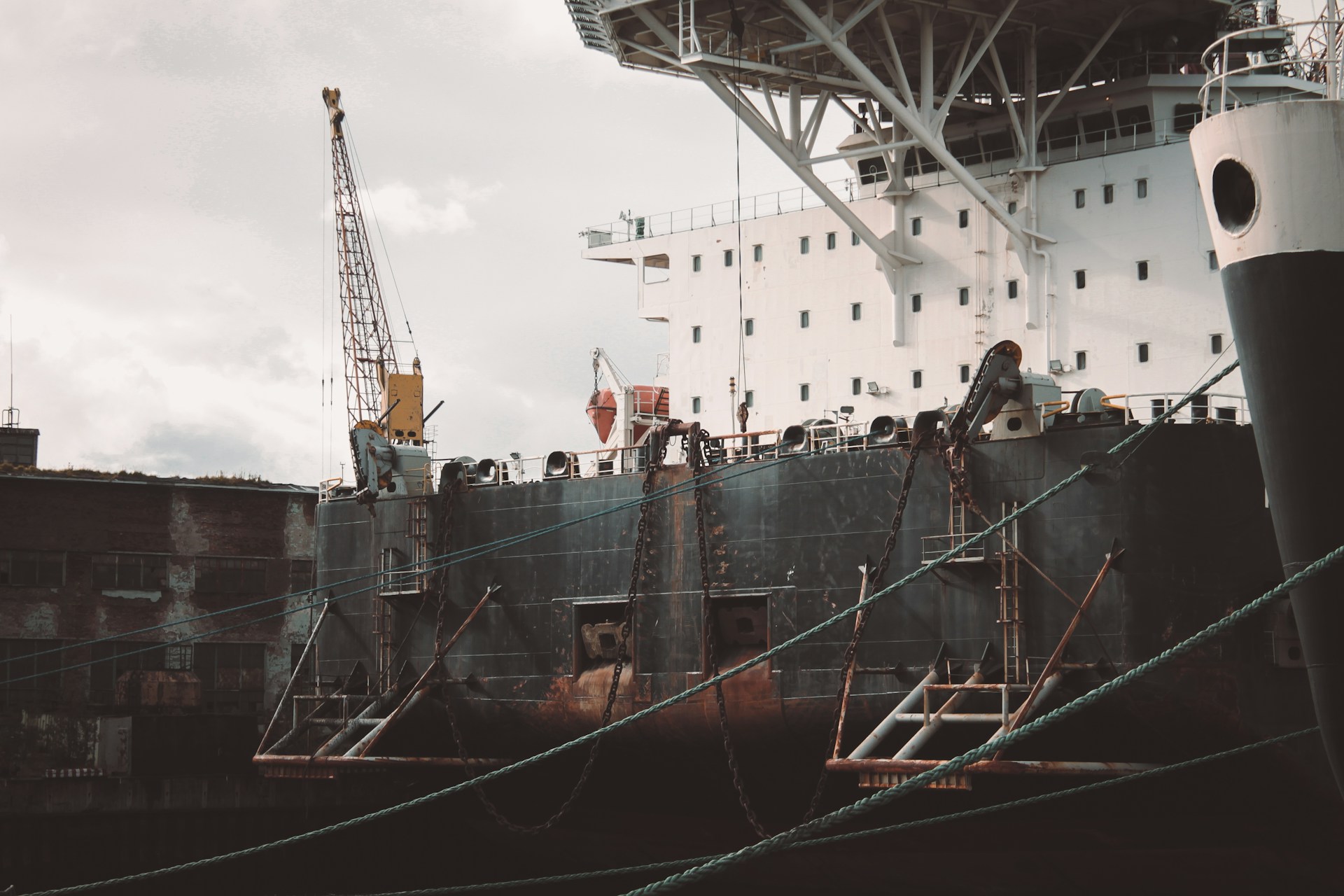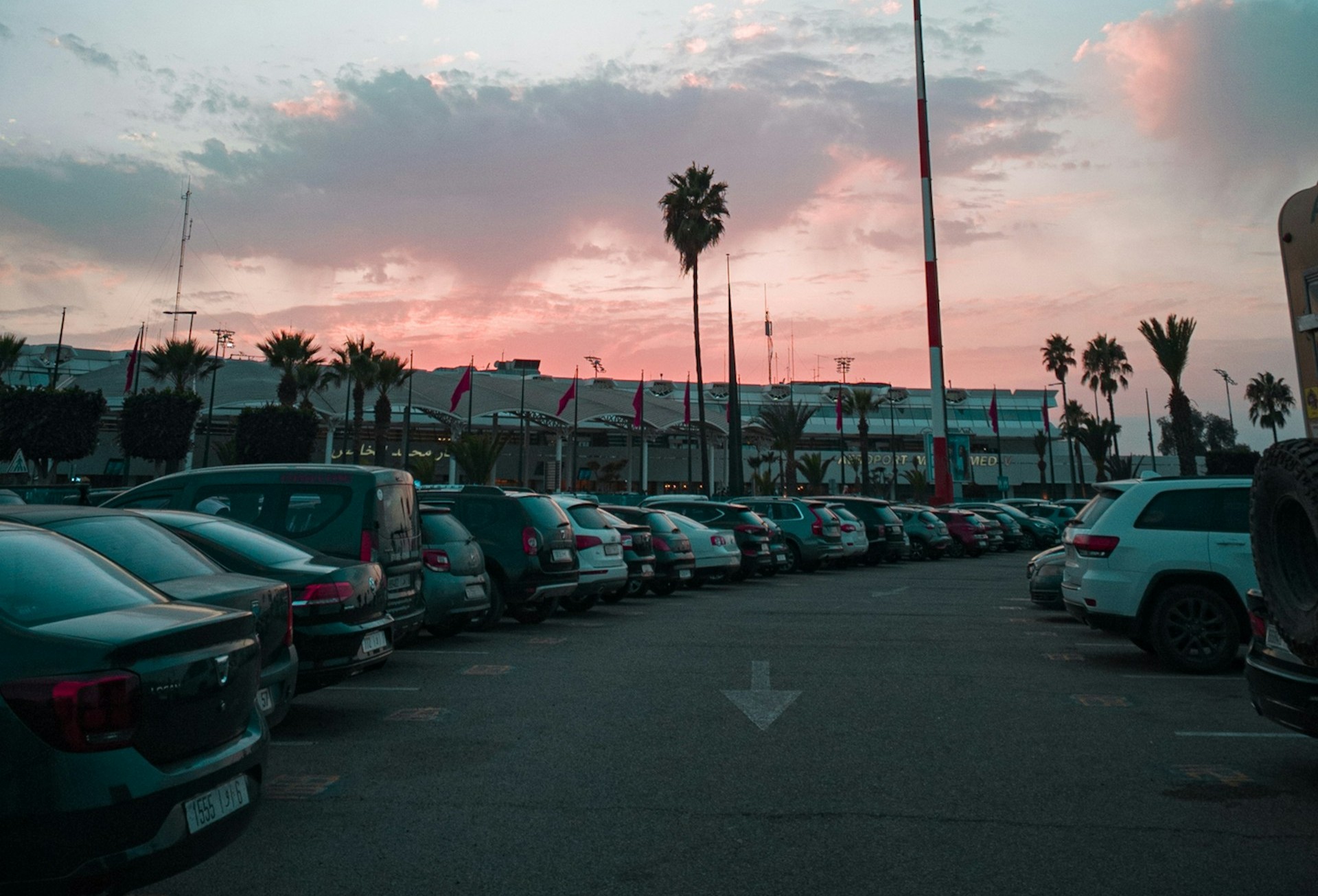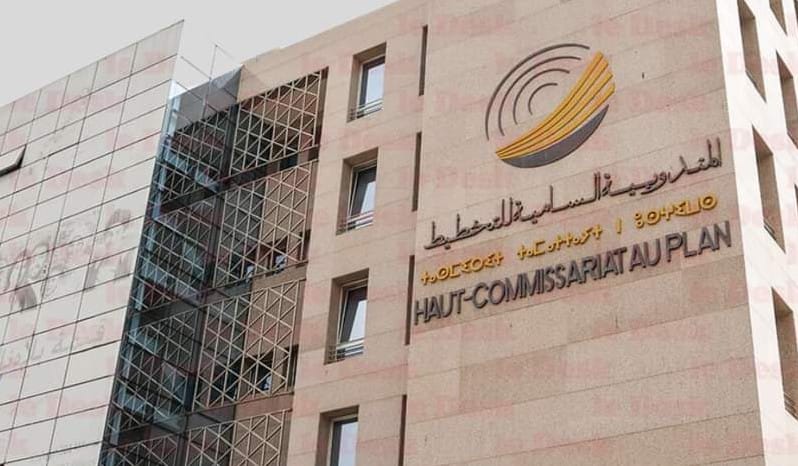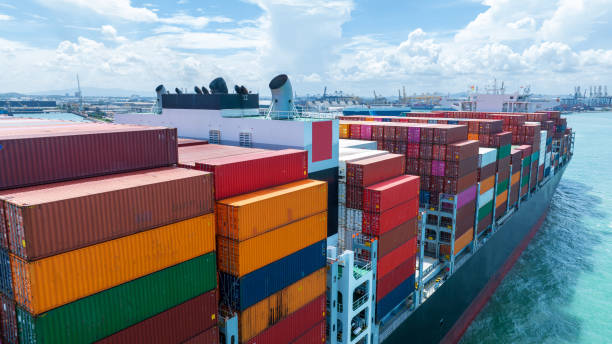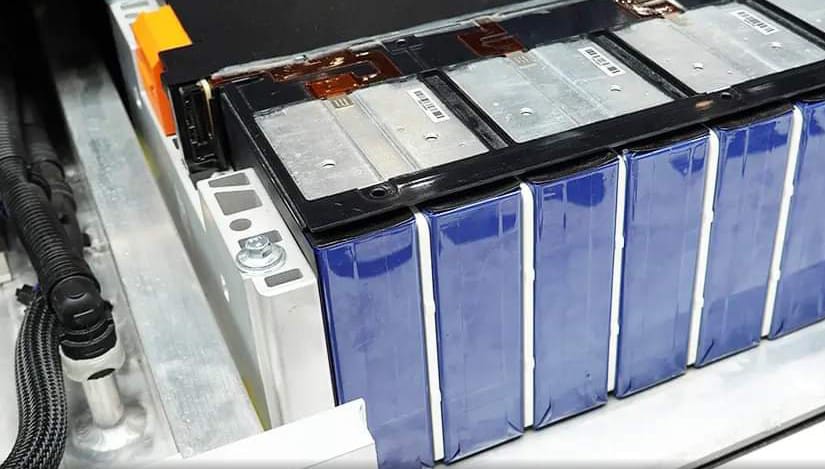Casablanca – In a move that underscores Morocco’s growing ambition to diversify its industrial base, the country is making significant strides to establish itself as a key player in the global shipbuilding industry. Following its impressive success in automotive and aerospace manufacturing, Morocco is now positioning itself to capture a significant portion of the shipbuilding market, with a focus on reducing its reliance on foreign facilities for maintenance and repairs of its military and commercial fleet.
Building on automotive and aerospace success
Morocco’s recent industrial growth has been driven largely by its accomplishments in the automotive and aerospace sectors, both of which have positioned the country as a hub for manufacturing and technological innovation in North Africa.
The Moroccan automotive industry has been a remarkable success story. Over the past decade, the country has become the largest car manufacturer in Africa, attracting major global automakers such as Renault and Stellantis. Morocco’s strategic location, competitive labor costs, and modern infrastructure have made it an attractive destination for foreign investment, particularly in the automotive sector. The country is home to multiple production plants, and its automotive exports have surged, positioning Morocco as a critical player in the global automotive supply chain.
In addition to the automotive sector, Morocco has also made significant strides in aerospace. The country has become a key destination for aviation manufacturing, with several international companies setting up operations to take advantage of Morocco’s skilled labor force and favorable investment climate. The establishment of aerospace manufacturing hubs, particularly in Casablanca and the Tanger-Tetouan-Al Hoceima region, has allowed Morocco to manufacture key components for major global aircraft manufacturers. The aerospace industry’s growth mirrors that of the automotive sector, with a focus on high-tech engineering and cutting-edge innovation.
Transition to shipbuilding: A new frontier
Encouraged by the success of its automotive and aerospace industries, Morocco is now setting its sights on the shipbuilding sector. With the recent launch of a $300 million shipyard project in Casablanca, the country is poised to become a leader in the African maritime industry. This new shipyard, expected to be the largest in Africa, marks a critical step in Morocco’s long-term strategy to build its maritime industrial capabilities.
The National Ports Agency (ANP) has recently opened an international tender for the development, operation, and management of the shipyard, which will be built on a sprawling 52-acre site. The facility will feature state-of-the-art infrastructure, including a dry dock measuring 244 meters in length, a 9,000-ton lifting platform, and an 820-meter dock for shipbuilding and maintenance operations. The shipyard will not only serve commercial and fishing vessels but will also accommodate military ships, allowing Morocco to carry out maintenance and repairs locally, reducing its reliance on foreign facilities.
The decision to invest heavily in the shipbuilding sector aligns with Morocco’s broader industrial vision: to become more self-sufficient and reduce its trade deficit while expanding its influence in the global manufacturing industry. The new shipyard is expected to play a vital role in the country’s economic development, creating jobs and boosting the national industrial base.
Strategic partnerships and Korean expertise
As part of its strategy to enter the global shipbuilding industry, Morocco is actively seeking international partners with expertise in shipyard operations. One of the most notable candidates for this venture is Hyundai Heavy Industries (HHI), the world’s largest shipbuilding company, based in South Korea. South Korea has long been a leader in the shipbuilding industry, and its experience could prove invaluable in helping Morocco establish a world-class facility.
The Moroccan Minister of Industry and Trade, Ryad Mezzour, visited South Korea recently to explore potential collaboration opportunities. During his visit, Mezzour toured Hyundai’s massive shipyard in Ulsan, a site that has set the benchmark for modern shipbuilding. Hyundai’s vast experience in the sector could help Morocco replicate the successes it has seen in the automotive and aerospace industries, bringing in advanced technology, skills, and international standards to the Moroccan shipbuilding sector.
In addition to the potential for industrial collaboration, Hyundai has already proven its value to Morocco in other sectors. The company’s subsidiary, Hyundai Rotem, recently secured a contract to supply Morocco with state-of-the-art double-decker trains, further solidifying the growing ties between the two nations. Hyundai’s expertise in manufacturing, engineering, and technology transfer could be a game-changer for Morocco as it looks to develop its maritime capabilities.
A vision for the future
Morocco’s push into shipbuilding is more than just an economic endeavor; it is part of a larger strategy to assert its industrial sovereignty and enhance its geopolitical position. By building a state-of-the-art shipyard, Morocco aims to reduce its dependency on foreign shipyards, particularly in Southern Europe, and better serve the needs of African countries engaged in trade with Europe. The Casablanca shipyard could become a key hub for both maintenance and new ship construction, catering to the growing demands of the African and European maritime markets.
This initiative also complements Morocco’s broader industrial development strategy, which has been based on creating a diversified, robust economy that is less reliant on imports. The success of the country’s automotive and aerospace industries has provided a solid foundation for this new maritime venture, and the Moroccan government is keen to replicate these successes by fostering international partnerships and attracting foreign investment.
Morocco’s entry into the shipbuilding industry represents a logical progression in the country’s industrial journey. Building on its accomplishments in the automotive and aerospace sectors, Morocco is positioning itself as a leader in Africa’s maritime industry, with a clear vision for self-sufficiency and international collaboration. The Casablanca shipyard, with its cutting-edge technology and strategic location, will play a pivotal role in strengthening Morocco’s economic and geopolitical influence for years to come.






